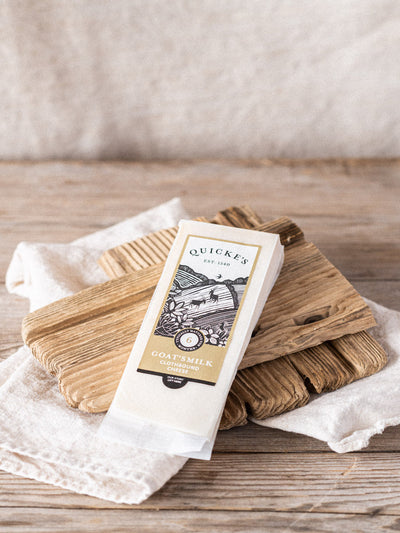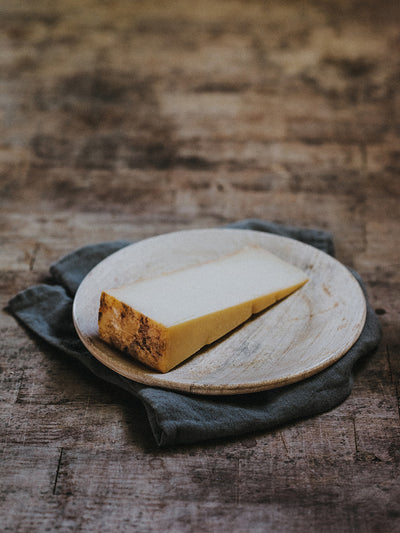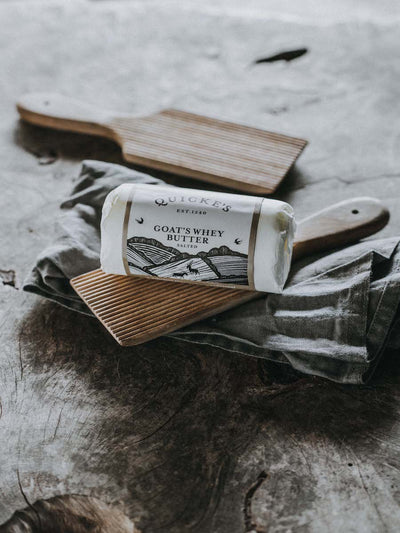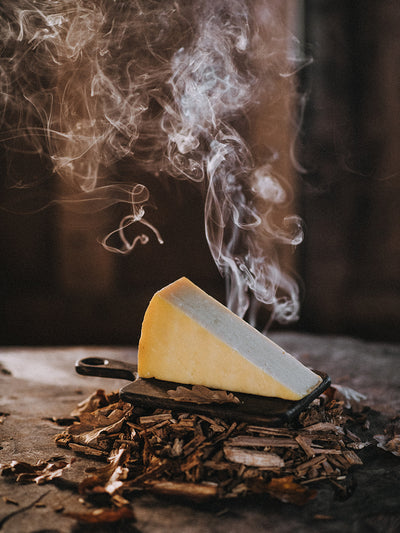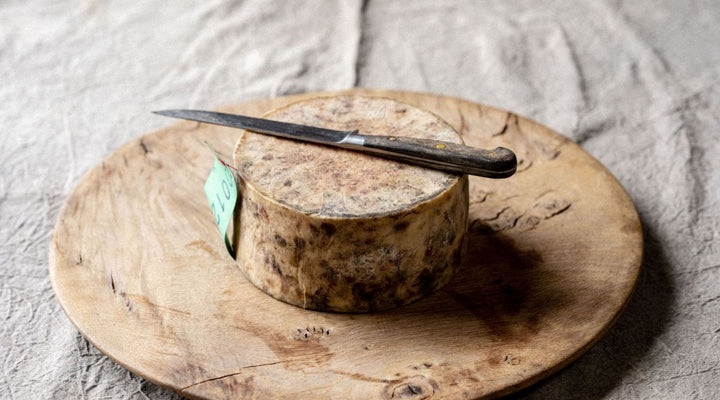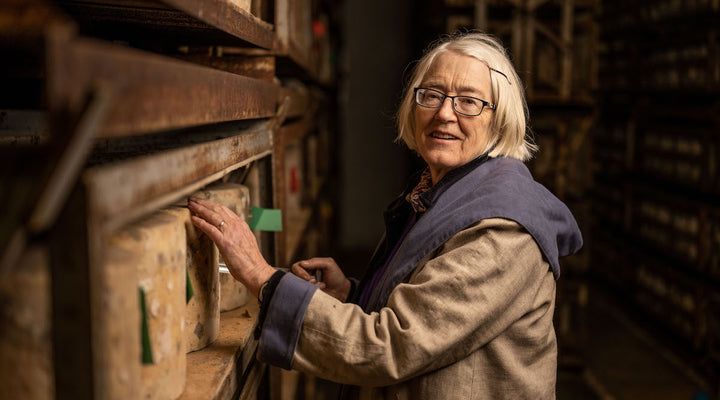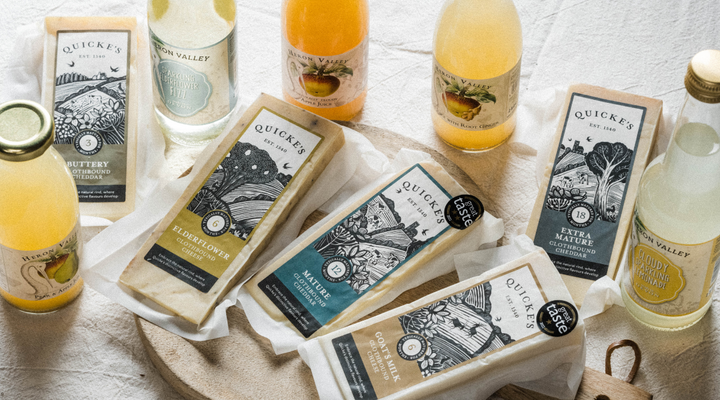It’s lovely to be working on the farm with such a lot of amazing women. When I started on the farm in 1984, other than my Mum, Prue Quicke, there was Kianoosh Riley who made the butter and ran the shop and Renee Wheadon, the farm secretary. 4 out of 30 people. Now we are 10 out of 37, with half our team of 6 senior managers women and half our directors women. The roles are: Managing Director, Chief Executive, Quality Manager, Shop Manager and Farm Secretary, Marketing Manager, By Product Manager, shop assistants, a cheese packer and relief milker. We often have more women in packing and milking and just now those teams are more men. Someone on the farm commented a bit grumpily, ‘There should be an International Men’s Day’. I understand the frustration of men who perhaps feel no one is listening to their distinctive and real challenges and sort of it’s Men’s Day for the other (this leap year 365) days of the year. I’m happy, anyway to reflect on what it means that women are taking a more meaningful role in our business and to celebrate that.
It’s not that women do things better (and often do). It’s just for me any team that has too heavy a concentration of any gender is less flexible, creative, and capable than ones that have a good mix. It’s the diversity of a team chosen for ability not gender that makes a difference.
It makes a difference in farming and cheesemaking, whole industries, too. When I first came back to farming in 1982, both were almost entirely male. Women handmade butter and also provided the essential consultancy support. By the by, it’s a great loss that the wonderful network of inspired women: Kay Maddever, Helen Chapman, and Val Bines to name some of the influential women who contributed to our business. That network of cheese technologists is no longer there, and that is something the Academy of Cheese (women run and 50% women directors) is planning to do something about with other partners. We still have the support of Quality Consultant Jayne Hickinbotham. You only have to attend one of her microbiology training sessions to see in action the quirky difference women make. The training room is full of cuddly toy pathogens, mesmerising trainees into understanding pathogens as they grapple with a fluffy tubercle, salmonella or listeria.
The first Oxford Farming Conference (one of the foremost farming conferences in the calendar) I attended, there were 4 women out of 400 participants. I spoke there in 2023 and there were nearly half women. If I go to other farming meetings it’s the same. We’ve just said goodbye at the end of an amazing 6 year term to the wonderful Minette Batters, the farmers union President who regularly brought farming to the national stage with her well reasoned and passionate stand for farming in a dangerous world where food is being used as a weapon for the first time in developed countries since the Second World War.
Our business has been woman run for 4 generations,. My daughter Jane is now playing a key role. I have run it for 34 years. My mum, Prue Quicke, built our cheese dairy and ran the cheese business from 1972 – 1984. My grandmother Constance Quicke, ran the farm from 1943 when my grandfather died to 1947 when my father came back from the war in the Far East. Each one comes with a breadth of experience that contributed something distinctive. My daughter comes with a background in corporate big data and teaching. I came from journalism and academic research. My mother was primarily an artist. My grandmother founded our local hospital and was a magistrate. Like our women team members, who also bring in a wide experience, all of that gives a noticeable depth to our activities and decision making.
Further back than that, Jane Coster married John Quicke in 1759. She was a Bristol merchant’s daughter (trading glass and pottery, not in the slave trade but undoubtedly his customers would have been deeply implicated). She married first a member of the Godolphin family, notable politicos and landowners in Cornwall. She brought money and the knowledge of mining. The sale of her library when she first married took 2 weeks in London and raised enough money to repair the cottages across the estate. The Cornish tin miners she brought to the village briefly had us produce more manganese than anywhere else in the world in the late 18th century. Further back again, my ancestor Andrew Quicke married Elizabeth Bidwell in 1537. She was an heiress of the Reformation, where Henry VIII bought the approval of the farmers of England for his marriage to Anne Boleyn by changing our religion to Protestant and dispersing the enormous landholdings of the monasteries to the farmers. They made a choice to go with the King, get the land and bet their immortal souls that the change was justified. At the time this is even higher stakes than climate change is now.
Women have always been an integral and important part of the story of our lives. It’s only now, with celebrations like International Women’s Day that we come to understand what that heritage and future looks like.
Mary Quicke

